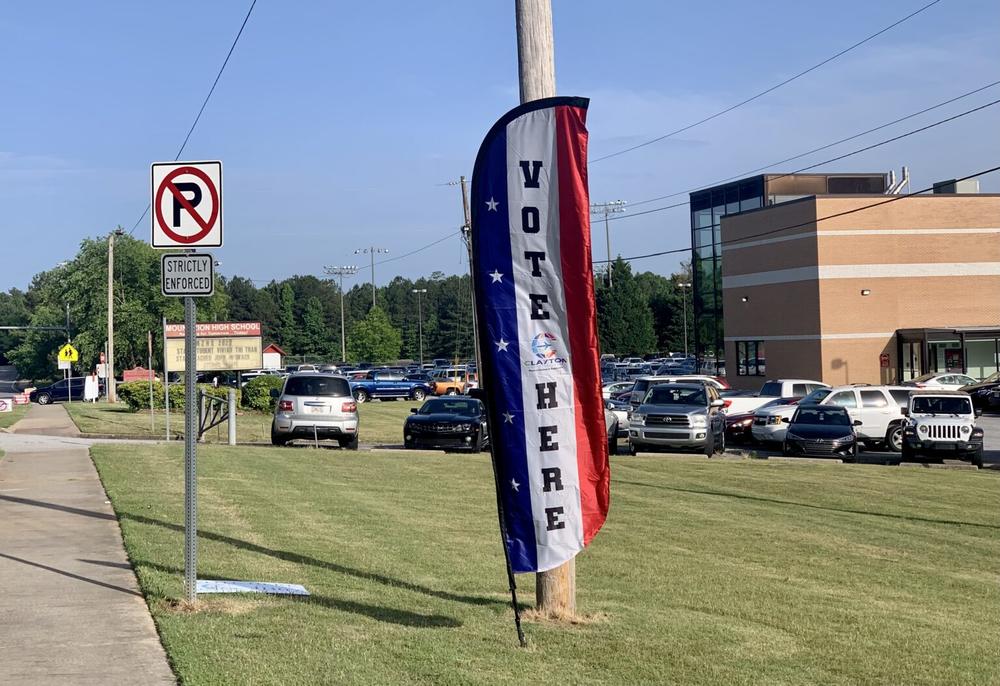
Caption
On May 24, Clayton County Mount Zion High School held its primary election and graduation ceremonies, which by the evening was the main draw during a record statewide mid-term primary turnout.
Credit: Stanley Dunlap/Georgia Recorder

